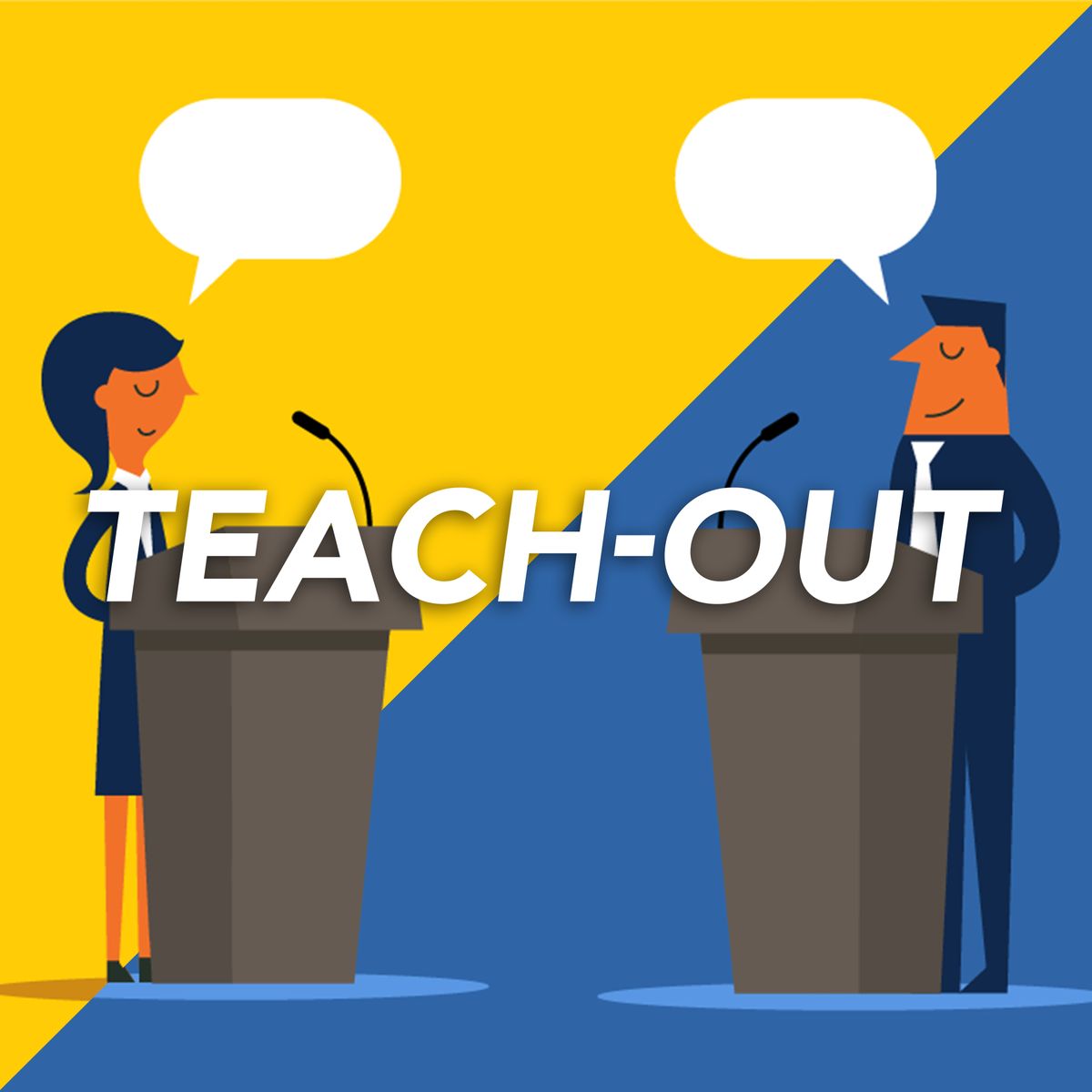Putting the Common Ground Framework into Action
Arthur Lupia outlines his strategy for finding common ground and introduces an action plan on how to use the strategies.
Excerpt From

Transcript
0:00 hello and welcome back you didn't 0:03 honestly think that you'd be spending 0:04 this much time with a professor and not 0:06 have a homework assignment so here's our 0:09 call to action an opportunity for you to 0:11 think about what we've said and to 0:14 figure out how to make yourself more 0:15 effective in circumstances that you care 0:18 about so here's the framework we put 0:20 together the three-step framework and 0:21 that's the basis of the call for action 0:23 here so get your pens and pencils ready 0:25 cuz here's your homework assignment 0:27 think about a circumstance that you're 0:29 gonna be in could be a family dinner 0:31 could be a community gathering maybe you 0:33 have to give a talk about an idea you 0:35 have it doesn't even have to be about 0:36 politics here's the question think about 0:40 the people who are going to be in the 0:41 room with you and write down their names 0:43 if you like computers you can put it in 0:45 Excel file I don't care for each person 0:48 then there's a couple of things I want 0:49 you to write down below their name and 0:51 so the first one is how can you be 0:53 generous to them and that requires 0:55 thinking about why are they in a room 0:57 with you what journey are they on and 0:59 what do you want so can you take a 1:01 moment and try and figure out what they 1:04 want and the key is not a stereotype of 1:06 them it's actually what they want 1:08 can you read things they've written to 1:10 you can you see things they may have 1:12 done in public the more that you know 1:14 about the people that you're going to be 1:16 with the easier it is to be generous 1:18 with them second do you have an idea 1:21 about how to validate them now I'm not 1:23 talking about being fake I'm talking 1:24 about being sincere but laying the 1:27 groundwork for recognizing things that 1:29 they do things that they believe in in a 1:32 way that they can recognize that that 1:33 you've taken the time to think about 1:36 their point of view and their 1:37 perspective right so the second is you 1:40 know the first line is the person the 1:42 second line is the generosity and that's 1:45 figuring out what they want and the 1:46 third line on your piece of paper or 1:48 your Excel file or whatever it is you 1:49 use is are there ways you can validate 1:51 them once you do that in the next column 1:54 then the question is how would you 1:56 describe what you want to talk about in 1:59 ways that validate them and that in fact 2:02 are generous right if you do that that's 2:05 following I think the idea is about 2:07 persuasion that you've seen in the 2:09 earlier segments this is a way to try 2:11 and put together a persuasive argument 2:12 now 2:13 one that persuades yourself because 2:14 you're already persuaded but something 2:16 that other people can hear so what I'd 2:19 ask you to do is have one column for 2:21 each person or type of person you you 2:23 expect to encounter and then look at it 2:26 right think about whether it really 2:28 adheres to a lot of the ideas about 2:30 learning that we talked about before and 2:32 then try it out yeah and after you try 2:37 it out then ask yourself some questions 2:38 like did you feel a little more 2:41 effective than you were before and if so 2:43 great and if not the questions why and 2:46 it might be you can look back at some of 2:48 the the segments before and see you know 2:50 other things you might do there's a set 2:52 of reading materials that you can see on 2:54 a nearby website the link will be 2:55 available where you can read more in 2:58 detail about some strategies you can use 2:59 and you go out and try again I mean 3:02 there every day is a new opportunity to 3:04 do this and all of us can get better at 3:07 thinking about how to communicate 3:08 effectively after you've tried that if 3:11 it feels good what would be great if you 3:13 go on the forums that are associated 3:15 with the teach out and tell us how it's 3:17 gone what worked what didn't work and we 3:20 can all learn from each other so these 3:23 are the opportunities in front of us and 3:25 again it's every day brings a new one 3:27 for us so let's take the types of skills 3:30 that we have and built write out a 3:32 strategy for specific situations I have 3:35 found this and for all the students that 3:37 I work with these are ways that have 3:38 helped us be more effective and I hope 3:40 that they can help you be more effective 3:41 too